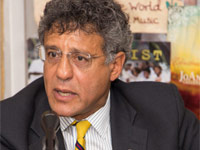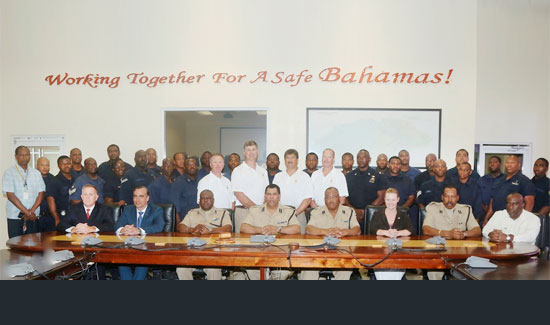In a parliamentary democracy such as ours, the quality of the respective teams of candidates chosen by major political parties to contest general elections is crucial.
From among these candidates new governments are formed, including a Cabinet with collective responsibility. In choosing candidates, therefore, the major parties have an extraordinary responsibility to select men and women who may prove adept at legislating as well as providing executive leadership.
There are many qualities to be wished for among candidates in elections. Two, however, are significant if transformative leadership is to emerge. Major parties should want to have on their respective teams men and women who are intellectually curious and creative.
This curiosity includes an interest in the world beyond the latest news presented by the 24-hour U.S. cable channels. It includes a familiarity with history, which places today’s challenges within a broader perspective. It also includes a substantive, rather than surface, knowledge of the principles, rationale and workings of our own parliamentary system.
Candidates for elected office should also have genuine interest in public policy beyond the cliches and catch phrases often glibly uttered by mediocre politicians.
Public policy solutions bring together careful analysis of problems with pragmatic responses to the matters under consideration. Great orators with no follow-through may function well as motivational speakers. They, however, are not so useful when it comes to fixing problems.
We would also wish to see more candidates chosen over the years whose curiosity leads them to offer novel ideas on perennial challenges, from crime to education to greater Bahamian ownership of our economy.
This sort of curiosity would help the country generate innovative responses which turn difficulties into opportunities. Of course, such curiosity and creativity would require candidates who read and are prepared to bring others together to think through the array of issues facing The Bahamas.
Of course, parties do not pick people out of a vacuum. Able people have to offer themselves or be open to participating in the political process. Many who constantly criticize the political class are too comfortable to get involved. The danger of this type of apathy is that by not being willing to participate, the competent give their places up to the incompetent.
It is rare for good governance to come from incompetent leaders. Those who are able now do a disservice to the country and future generations by not being willing to serve.
Editorial from The Nassau Guardian



